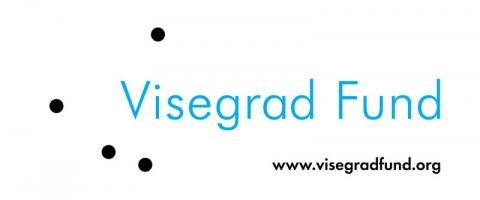CENS participates in a new project called "Thinking 4 Governance": Sharing V4 experience on NGOs, CSOs and think-tanks’ interaction with administration

The Center for EU Enlargement Studies (CENS) is taking part in a new project entitled "Thinking 4 Governance": Sharing V4 experience on NGOs, CSOs and think-tanks’ interaction with administration financially supported by the International Visegrad Fund (IVF) and led by the Polish Institute of International Affairs (PISM).
The idea of the project is to share with a broad spectrum of NGOs, CSOs and think-tanks from the Western Balkans the V4 counterparts’ experience in their cooperation with the public administration in the EU integration process, particularly membership negotiations, and its continuation after the accession. The project aims to bring together the representatives of NGOs, CSOs and think-tanks from all Albania, Bosnia and Herzegovina, Kosovo*, Montenegro, Macedonia and Serbia and to present them the best practices of such cooperation in the Visegrád countries. While the Western Balkan countries are in different stages of the integration process, it is vital to prepare all structures for the eventual accession negotiations, where the non-governmental input can be particularly valuable and may contribute to sustained public support to the process. These activities would emphasize this key aspect of integration, with a particular focus on Chapters 23 and 24 – the first to be opened in all new negotiations.
